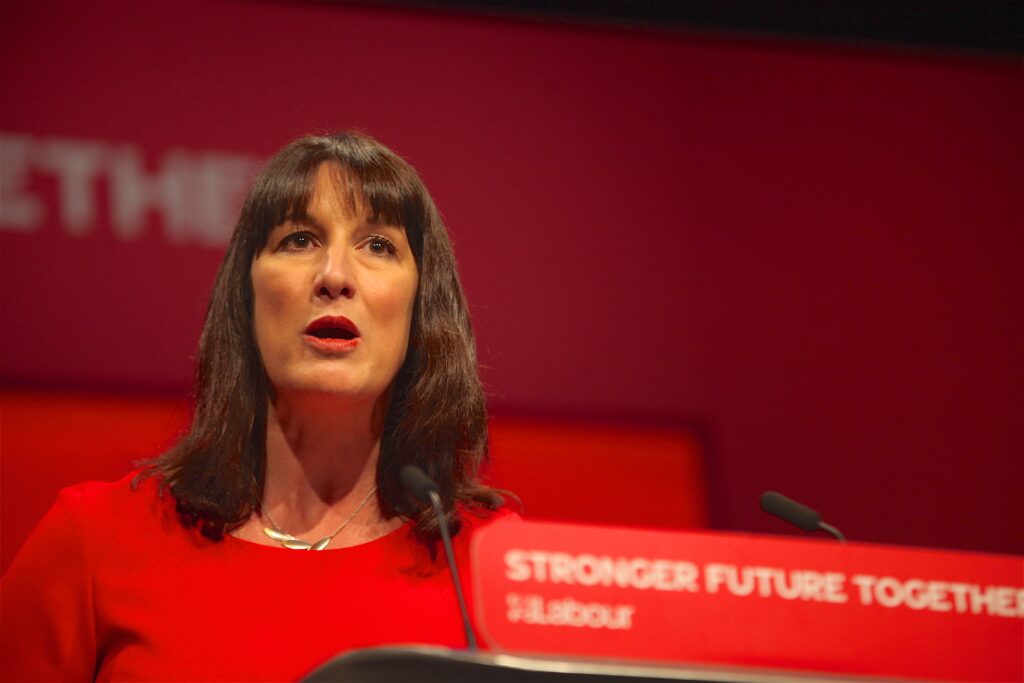New regulations will ensure providers such as Klarna and Clearpay will have to check shoppers can afford re-payments before offering a loan.
Whether you’ve found yourself doom scrolling through online shops late at night or browsing store windows during an impromptu shopping trip, the idea of using Klarna at the checkout always seems like the best idea. That is, until the next payment is due – a financial burden we never factor into our monthly budgets.
However, the government have launched a new consultation, which is set to begin in early November, to bring ‘buy now, pay later’ (BNPL) schemes under the scrutiny of the Financial Conduct Authority and the Consumer Credit Act.
Tulip Siddiq, economic secretary to the Treasury, said the change will provide ‘clear, simple and accessible information about loan agreements in advance so that shoppers can make fully informed decisions and understand the risks associated with late repayments.’
In addition, the rules will give consumers the ability to raise complaints with the Financial Ombudsman and claim refunds with lenders – an act that wasn’t possible before.
Arguably, the announcement couldn’t have come at a better time. According to research from the Centre for Financial Capability, a financial education charity, almost a quarter of BNPL loans were charged late repayment fees in the six months to December 2023.
Missing loan repayments can also be detrimental to your credit score – a large determining factor when it comes to applying for a mortgage. With this in mind, research from The Mortgage Lender found one in 10 Brits have deterred from applying for a mortgage due to poor credit scores.
Commenting on the news of developing BNPL programmes, Richard Lane, chief client officer at StepChange, said: ‘We need to see BNPL providers introduce proper affordability checks and end aggressive marketing at checkout, which can lead to impulse decision making and can cloud consumers’ judgment on affordability.’
Echoing a similar tone, Sebastian Siemiatkowski, chief executive and co-founder of Klarna, said: ‘We’re looking forward to carrying on that work to put proportionate rules in place that protect consumers while fostering growth.’
Following the consultation, Labour have remarked they expect the final legislation to be outlined early in 2025 and the new rules to be in full force by 2026.
In related news:

















Leave a Reply